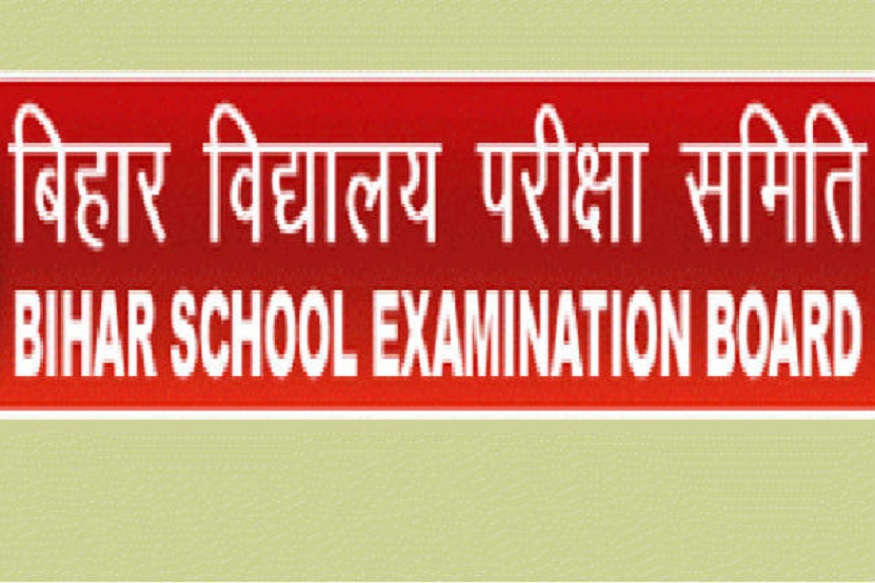In the academic year 2020, a significant change was introduced to the matriculation (10th grade) and intermediate (12th grade) examinations in India. The examination boards decided to include objective-type questions alongside traditional subjective ones. This move is part of an ongoing effort to enhance assessment methods and improve student examination experiences.
Introduction of Objective Questions
The incorporation of objective questions is aimed at evaluating students’ understanding of the subject matter efficiently. With objective-type questions, students will not only need to demonstrate their knowledge but also exhibit their ability to think critically and apply concepts in various contexts.
Structure of the Exams
Traditionally, students have faced a structure where 50 marks out of a total of 100 were allocated for multiple-choice or objective questions. This means students can prepare to answer questions that require selecting the correct answer from a given set of options, thereby allowing for a more streamlined grading process.
| Exam Type | Total Marks | Objective Questions Marks | Subjective Questions Marks |
|---|---|---|---|
| Matriculation Exam | 100 | 50 | 50 |
| Intermediate Exam | 100 | 50 | 50 |
Benefits of Objective Questions
Including objective questions offers numerous benefits:
- Efficiency in Assessment: Objective questions can significantly reduce the time spent on grading, allowing teachers to focus on delivering quality education.
- Improved Understanding: The focus on core concepts ensures that students engage with the material more deeply and comprehensively.
- Preparation for Competitive Exams: Students become familiar with multiple-choice formats, which are common in higher education and competitive exam settings.
Tips for Students
With the change in examination format, here are a few tips for students to prepare effectively:
- Practice Regularly: Work on past papers and mock tests that include objective questions to familiarize yourself with the format.
- Understand Concepts: Focus not just on memorizing answers, but on understanding underlying principles and concepts for better retention.
- Time Management: During practice exams, work on managing your time effectively, as objective questions can often be answered more quickly than subjective ones.
Conclusion
The introduction of objective questions in the 2020 matric and intermediate examinations represents a positive step forward in the education system. It not only aims to create a more efficient assessment process but also encourages students to engage deeply with their subjects. As such, educators and students alike must embrace this change and adapt their strategies to maximize learning outcomes and performance in these examinations.
